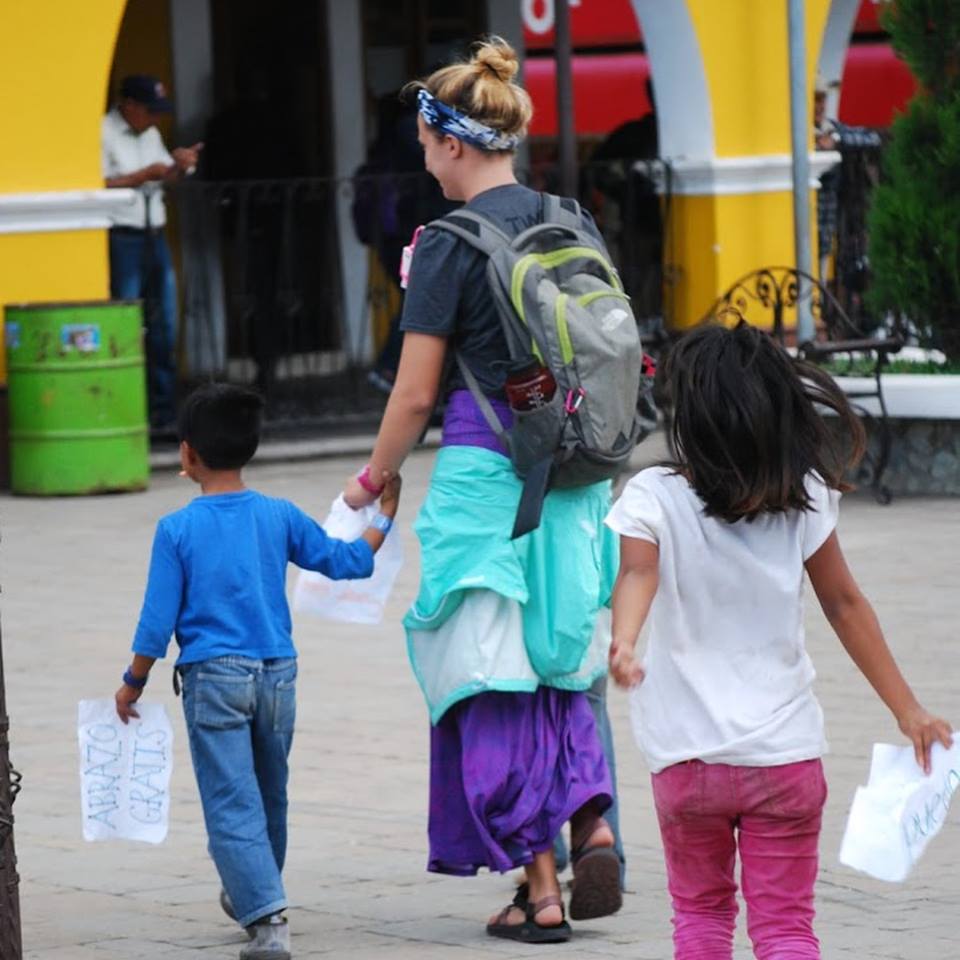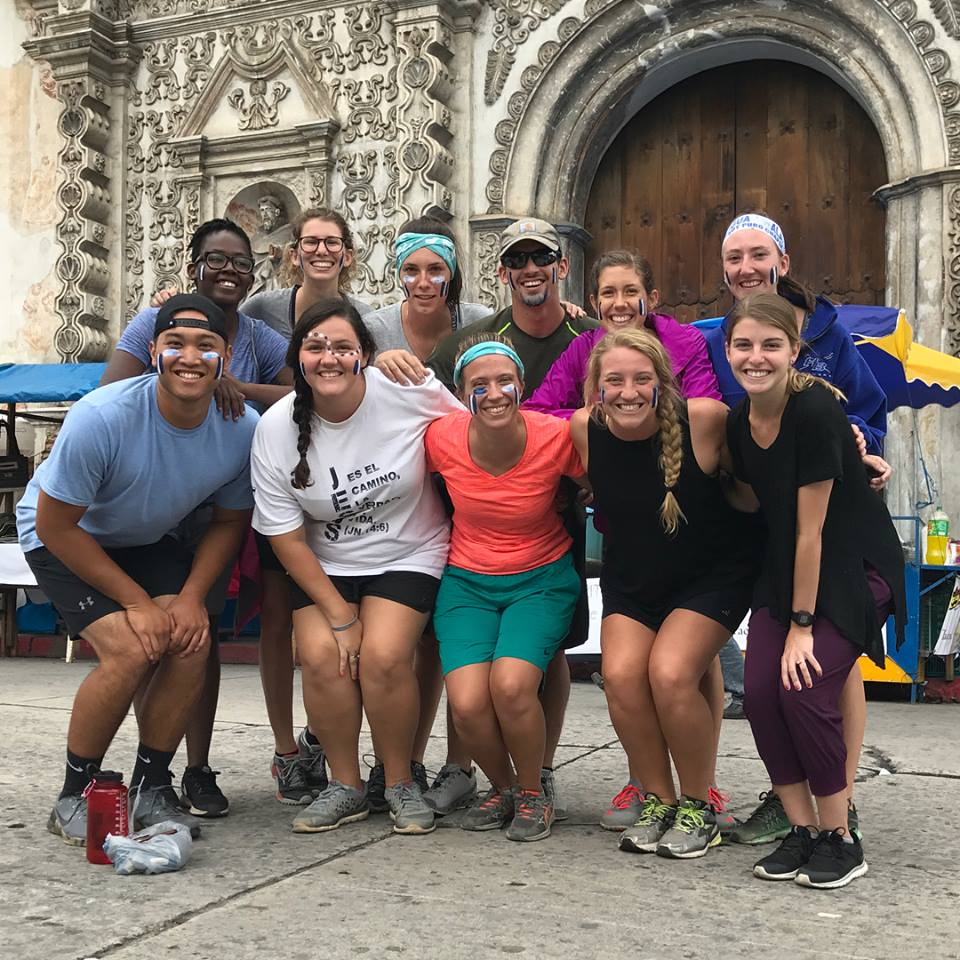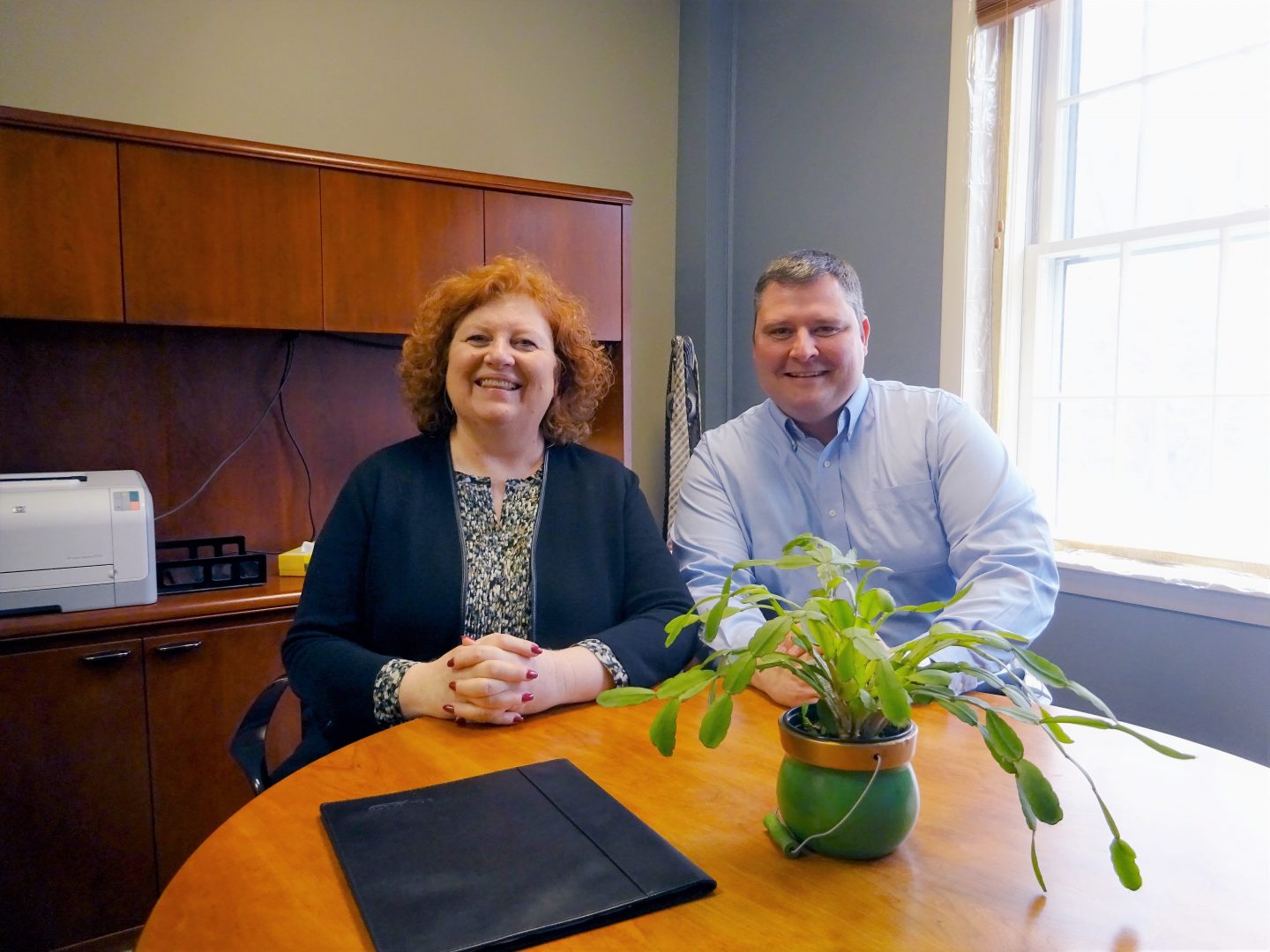Julia Repaal graduated from Southern New Hampshire University in May of 2017 with a degree in Culinary Management and a minor in Sociology. A Resident Assistant, Alternative Break Coordinator, friend and so much more, Julia demonstrated during her time at SNHU the power of service and dedication to the lives of others.
This passion for service did not end with graduation, as Julia immediately began preparing for what can only be described as a trip of a lifetime. In August, after months of application and preparation, Julia embarked on the World Race.
The World Race is an 11-month, 11-country mission trip for young adults between the ages of 21 and 31 years old. Julia first heard about the World Race in high school and decided to apply for the World Race during her senior year because she didn’t know what she wanted to do after college, but knew that service projects and missions were such an important part of her identity that she couldn’t pass up the opportunity to pursue the unique experience the World Race afforded.
According to Julia, “What better [time could there be] to go on an 11-month mission trip than right after you graduate college?” Seizing the opportunity, Julia is now going into her fourth month, and her and her team are working in Julticalpa, Honduras with a Catholic organization, Olancho Aid, with the two main missions of providing and improving education and access to clean water.
“My experience on the World Race so far has been amazing, but also challenging,” Julia writes. “When you leave everything in the United States and only bring one 50-pound backpack with you for 11 months, you can only bring so much, and you also leave a lot behind. It is amazing to see what you can really live with and how people in other countries have nothing at all but are so happy and are so thankful for just a smile and your ability to try to speak their language.”

Expanding on these experiences, Julia shared with us what an average day looks like, even though the average day is not really average at all while working in Honduras, almost 4,000 miles from home.
5:15 a.m. Julia wakes up and gets ready for the day. This includes eating breakfast, as well as packing a lunch.
6 a.m. Get on the bus with all the other teachers to go to school.
7 a.m. Arrive at the school where she and her team teach English and receive assignments for their classrooms from the principal. Julia says she always hopes for classroom 1D. Julia predominantly focuses on teaching English, as this month she and her team are working at a bilingual elementary school where Julia works with preschoolers and first graders. When asked about this transition to a totally different working environment, Julia said, “It is crazy to think that… last year at this time I was in a Culinary Lab, and now I am teaching elementary schoolers in English/Spanish.” While it may not have been what she expected, she finds the experience rewarding and empowering.
7 a.m.-2:30 p.m. Class. During the day, Julia may teach any class from English to Science, Math, Social Studies or Grammar. Around midday the students and teachers eat lunch, and Julia shared that as much as her day is about educating the students that she works with, a large portion of her job is simply keeping the students focused and under control.
3 p.m. Catch the school bus back home.
4 p.m. Play cards and spend time with her team of seven or work out.
5 p.m. Each night two of the members on Julia’s team make dinner for everyone. She shared that dinner could be anything from pancakes or mac and cheese or their staple of chicken and rice.
6:30 p.m. Julia’s team participates in what they call team time or feedback. During this period, the time they spend together helps them to “grow as a team more and more, and also talk about our day: how it went well and how it could have improved.”
8 p.m. This is the end of the formal day and an opportunity for the team to spend more time together relaxing or for team members to prepare for the following day. Which, as Julia mentions, “Is going to start again tomorrow at 5:15 a.m.!”
Having completed approximately a third of her overall World Race, Julia shared many of her stories of the people and students she has met and how they have contributed to her experience. “The most surprising part of the World Race so far is how quickly you can form relationships with people that you do not know, just showing then that you care about them,” said Julia.

Though working in Central America, Julia recognizes that so much of her heart and her drive came from her time at Southern New Hampshire University.
“My experience at SNHU definitely attributed to where I am now… SNHU enabled me to learn how to use my voice in a bold way to speak about what I believe. Through being an RA, giving presentations in classes, though many programs offered on campus… Through the Office of Community Engaged Learning, I was able to learn about service, and the love that I have for serving people [came] though service trips and Alternative Breaks.”
Having recently graduated with the Class of 2017, Julia recognizes how the World Race has impacted her life and offers the following advice to SNHU students:
“For a graduating senior, just because you are graduating college, it does not mean you have to start your ultimate career. All you have to start is your life. And starting your life does not have to look like the traditional, American life. Go and travel, do service, move somewhere new, go out and live.”
Julia will be continuing her journey and next month will be traveling to Granita, Nicaragua. Though she is not entirely certain what kind of work she and her team will be doing there, she is excited for new opportunities, challenges and experiences.
Follow Julia’s journey at http://juliarepaal.theworldrace.org/




